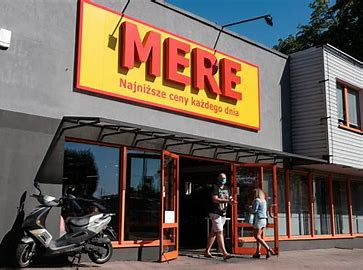WHERE DOES YOUR TIP GO?
If the service in a restaurant or hotel is good, then I generally tip - sometimes cash, but on other occasions I just add a gratuity to the credit card bill. But where does my tip go? I've often asked myself whether my tip goes to the waiter who has provide the quality service or if it is shared out among all the staff, including those working in the kitchen. Heaven forbid that the restaurant owner pockets it!
This week I was interested to read a press report in the Daily Telegraph that tried to answer my questions. I thought I would share their findings with readers.
Well, according to the paper's researcher, that gratuity you added to the bill in a haze of
generosity and bonhomie might not go straight to the person who brought you
your food. The world of restaurant tipping is a lot more complicated than that! So where does your tip
go? It all depends where you're
eating. In many of the big chains, the company will deduct a percentage of that
service charge added onto the bill to cover what they call "admin
costs". At Pizza Express, for example, with 430 outlets across the country,
8 per cent of that credit card tip is taken by the company - allowing the firm
to keep a total of £1m a year, according to the Unite union, which represents
waiting staff. But there are others chains that
deduct even more: Giraffe takes off 10 per cent, as does Café Rouge. However
upmarket London restaurant group Caprice Holdings - whose portfolio includes
The Ivy - says at their establishments "all of the service charge is
distributed to employees of the restaurant".
Are smaller independent
restaurants any fairer? Well according to the Telegraph, there are plenty of examples of
good practice out there. At south London restaurants The Dairy and The Manor,
manager Dan Joines says all the money from service charges or tips goes
straight to staff. They divide up cash tips among themselves - to both front of
house and kitchen staff, while service paid on a credit card goes into a more
formal system called a tronc: a sort of communal kitty. It's distributed by a
nominated employee, into monthly pay packets. "In order to give all of the
tronc to staff, both the restaurant director and myself are not on the payroll
and don't take any of the service charge in any way", says Dan.
Can the service charge
used to top up wages? Not any more. The law was changed
in 2009 after a campaign exposed a legal loophole which allowed restaurants to
use the service charge to form part of basic pay. Nowadays everyone must be
paid at least the minimum wage and there's a voluntary code of practice to
cover how customer tips should be shared out. But remember that waiting tables
is still one of the lowest paid jobs in the country.
How is the money shared
out? It all depends on the
establishment. Cash is often divided up informally - and like any other
gratuity, is liable for tax in the normal way. If there's a tronc system,
restaurants may have a policy to decide how much goes to front and back of
house. At Pizza Express, after they've taken their 8 per cent 'admin charge' -
the rest is split 70:30 between your waiter and the kitchen team.
What if there isn't a
discretionary service charge? Some places have made a
deliberate decision to leave the tip up to customers - like the United States,
where it's common to leave up to 20 per cent if the food and service were good.
Oisin Rogers, who manages a large Young's pub, says he's happy to leave it up
to customers - apart from large tables of eight or more, who can rack up bills
of £1,000 at Christmas yet leave just a couple of £10 notes on the table for
service. "All gratuities are paid to the staff through the payroll as
extra income on top of their pay, and it's taxed as normal."
But what if you didn't like the
food and service can you refuse to pay a tip? According to Rogers, "If a customer was not happy
for any reason, we would not think twice about removing service charge or
discounting the bill. It would be immediately deducted
from the bill as policy." And according to the consumer association,
Which, you are within your rights to refuse to pay a service charge - even if
it's not described as "discretionary". But you can't simply walk out
without paying for the food.
Finally, it seems to me that it might be better to leave
cash. Am I right? Yes, says the Unite union. If you
don't know whether you're eating at one of the places which skims a percentage
of credit card tips, leaving cash means the whole amount will go to the staff.
And although they'll still have to pay tax on them they aren't liable for
National Insurance. So, if you've enjoyed your meal and the service, show your
appreciation in cash.
I will in future!







Comments
Post a Comment